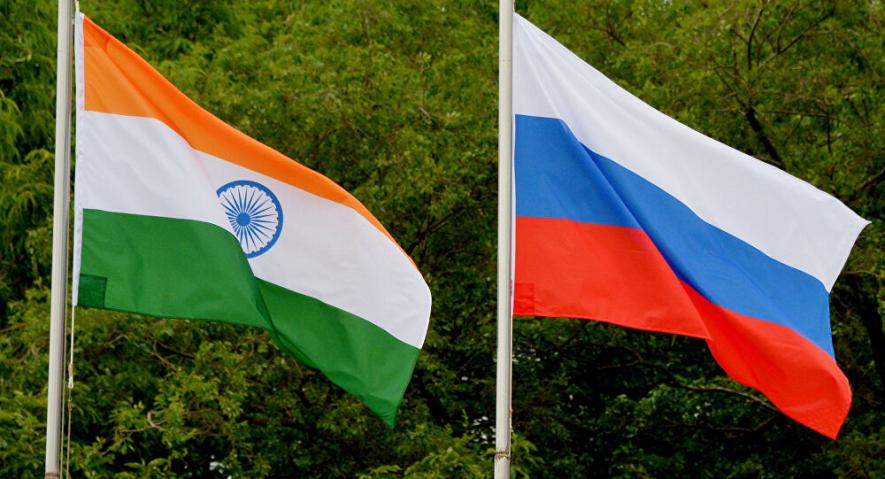It is notoriously difficult to determine India’s official stance towards the Russian invasion of Ukraine. Only two weeks ago, Prime Minister Narendra Modi explicitly warned Russian President Vladimir Putin that “this is not the moment for war”.
India later chose to abstain from voting on a resolution denouncing Moscow’s “annexation” of Ukrainian land as a member of the UN Security Council. To make matters worse, Prime Minister Modi informed Ukrainian President Volodymyr Zelensky that “no military solution” existed for the crisis at the same time that the Ukrainian army was advancing swiftly through areas of the country’s northeast and south.
The administration has a clear response to queries about this relatively unclear stance, even those from Indians themselves: India will act in its own best interests. Everyone can agree that this is a reassuring concept.
We have been reassured by Foreign Minister Subrahmanyam Jaishankar that “we form our judgments, make our evaluations, and have a reasonable idea of what is in our interest and how to develop and safeguard it.”
India has long prioritised sovereignty in its declared foreign policy ideals, particularly those of Prime Minister Modi. But at present, objective assessment of the national interest takes precedence over something as sentimental as values.
However, it’s likely that some of the presumptions New Delhi has made to support its stance on Ukraine now appear to be less solid than they were earlier this year.
For starters, by the end of 2022, Russia will be a far less desirable partner for India than it was at the start of the year. In Kyiv, Kharkiv, and now Kherson, it has lost all attractiveness as a source of weaponry. India, unlike China, cannot rely on Russian hydrocarbons in the long run, despite having negotiated a few short-term deals in recent months. India values global stability above everything else, and Moscow has been shown to be a seriously destabilising factor.
Indians have also observed some strange US behaviour. The Biden administration recently signed a $450 million contract to assist Pakistan in refurbishing its F-16 aircraft, overturning a decision made by its predecessor. General Qamar Javed Bajwa, the head of Pakistan’s armed forces, visited the US last week and was honoured with a guard of honour and a 21-gun salute at the Pentagon.
And last week, the US Ambassador to Pakistan visited the Pakistani side of Kashmir in a move that appeared designed to anger Indians. He and the embassy frequently referred to the region as “Azad (Free) Jammu and Kashmir,” which is the name given to it by Pakistan, and he tweeted about visiting a home connected to Pakistan’s founding father, Mohammed Ali Jinnah. All of this strikes New Delhi as a very obvious insult.
Most likely, everyone needs to calm down a little. The US may believe it has a valid argument for objecting to India’s ambivalence about Ukraine, but it would be smarter to refrain from doing so by openly courting Pakistan. Occasionally, someone in Washington decides it’s time to normalise relations with Islamabad, but a decade later, their successors realise it was a horrible idea.
In the meantime, India should carefully assess if offending the US and the West is truly worth it. Sure, it won’t damage us right now. The government of India is certain that the West needs us more than we need them at the moment since the country’s economy appears to be solid enough.
However, we will require Western investment, technology, and markets in the coming decade to revolutionise our economy and the futures of young Indians. We will require Western weapons, at least initially, if we are to protect ourselves against Pakistan and China.
Last week, Washington may have reminded New Delhi that the two could work together to balance their interests. However, it is important for us in India to keep in mind the reasons we have emphasised “common values” with the West for more than ten years. It’s a method of burying momentary differences that aren’t offered in a chilly, transactional, “interests”-based relationship.
Even if we disagree with the West, it will be necessary in the coming decades. The genuine national interest of India may well lie in upholding our ideals.
